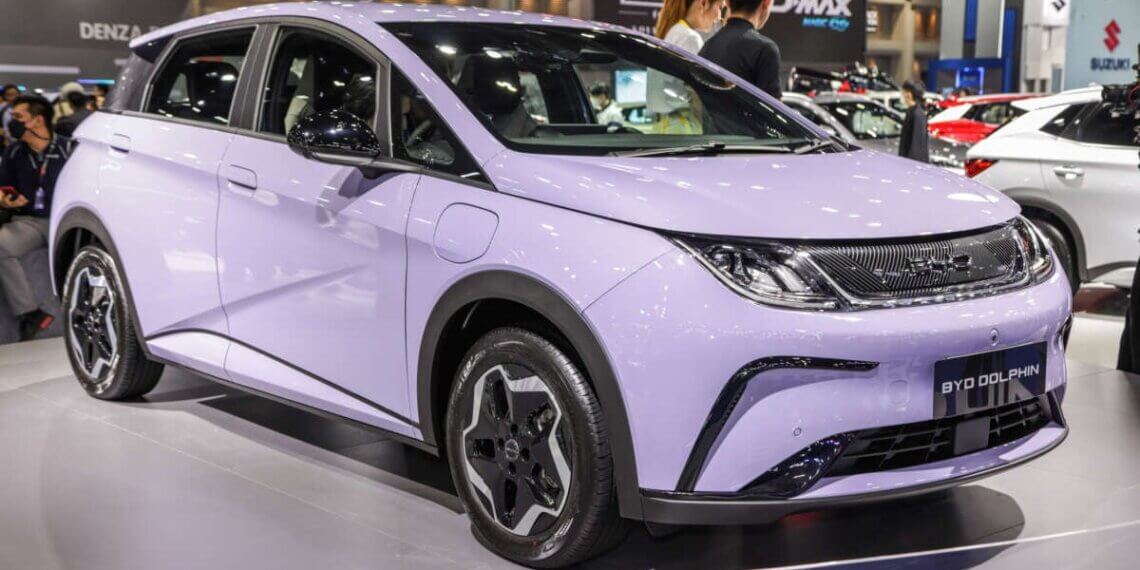The electric vehicle competition between China and Thailand has expanded into Southeast Asia while testing Thailand’s goal to establish itself as a regional electric vehicle manufacturing center. The Chinese electric vehicle brands Neta and others fail to meet local production standards which creates challenges for government incentive programs.
Manufacturers who participate in Thailand’s EV stimulus plan qualify for import duty exemptions but must produce equivalent volumes within the country. Automakers asked for flexibility because their sales performance was weak and credit availability had become more restrictive. The government decided to transfer unmet 2024 production targets to 2025 but the situation remains critical.
Neta which entered Thailand’s EV market first revealed its inability to fulfill its production targets. The dealerships are currently trying to obtain reimbursement of more than 200 million baht ($6.2 million) which was allocated for showroom and service investments. The Chinese parent company Hozon New Energy of Neta faces bankruptcy proceedings which creates additional uncertainty.
Neta dealer Saravut Khunpitiluck stopped buying cars during the previous year because everything seemed wrong. The Thai government examines these complaints before making decisions about policy modifications.
The Thai incentive program targets Chinese car manufacturers but the growing number of defaults and production shortfalls demonstrate the dangers of fast EV market growth. The Thai government’s decision to support Chinese electric vehicle manufacturers faces challenges at a time when international competition continues to intensify.





